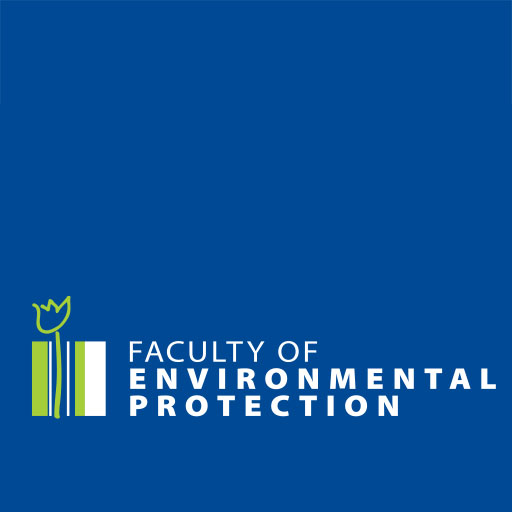
Guest lecture: Environmental pollutants accumulation in organism and its consequences on wild fauna
On Monday, 9 December 2024, the Faculty of Environmental Protection will host two renowned Polish lecturers, Prof. Anna Ptak and Prof. Anna Korzekwa, for the course Bioindication and Biomonitoring.
The guest lecturers will discuss the accumulation of environmental pollutants in organisms and its consequences for wildlife.
The lectures will take place at 16.30 in Master’s Lecture Room 1 and in the Zoom online environment (link: https://us05web.zoom.us/j/5626480515?pwd=8vl5Xmk11BoEi6rkqJE6ERluIm8MZg.1&omn=86166532971).
Prof. Anna Ptak works in the Laboratory of Physiology and Toxicology of Reproduction, Institute Zoology and Biomedical Research, Jagiellonian University, Poland. She has extensive research experience in reproductive toxicology. She is a leader in the study of endocrine disrupting chemicals with the ultimate goal of understanding their impact and behaviour in the organism. For the results obtained during her basic and applied studies and related publications in area of endocrinology and toxicology of reproduction she was nominated to a number of awards. Prof Ptak heads the Krakow branch of the Society for Reproduction Biology and is a member of the Biological Committee of the Polish Academy of Sciences.
ORCID: https://orcid.org/0000-0003-3634-1918
Prof. Anna Korzekwa is a leader of Biodiversity Protection Reseach Team in the Institute of Animal Reproduction and Food Research of Polish Academy of Sciences with the headquarter in Popielno (North-Eastern Poland). Her research activities are focused on the studies of mechanisms that shape the biodiversity of agro-ecosystems by determining the influence of environmental factors (e.g. stress or foraging base in the habitat) on animal condition. Moreover studying the interaction between epigenetic factors (epizootic, climatic and toxicological) and physiological processes in animals in their natural habitats. As a zootechnician and biotechnologist, in recent years she has been implementing reproductive biotechnics in various species of mammals, such as cervids, alpacas as tools for diagnosis, control, conservation of biodiversity and development of markers of reproductive potential.
ORCID: https://orcid.org/0000-0002-1044-9288
